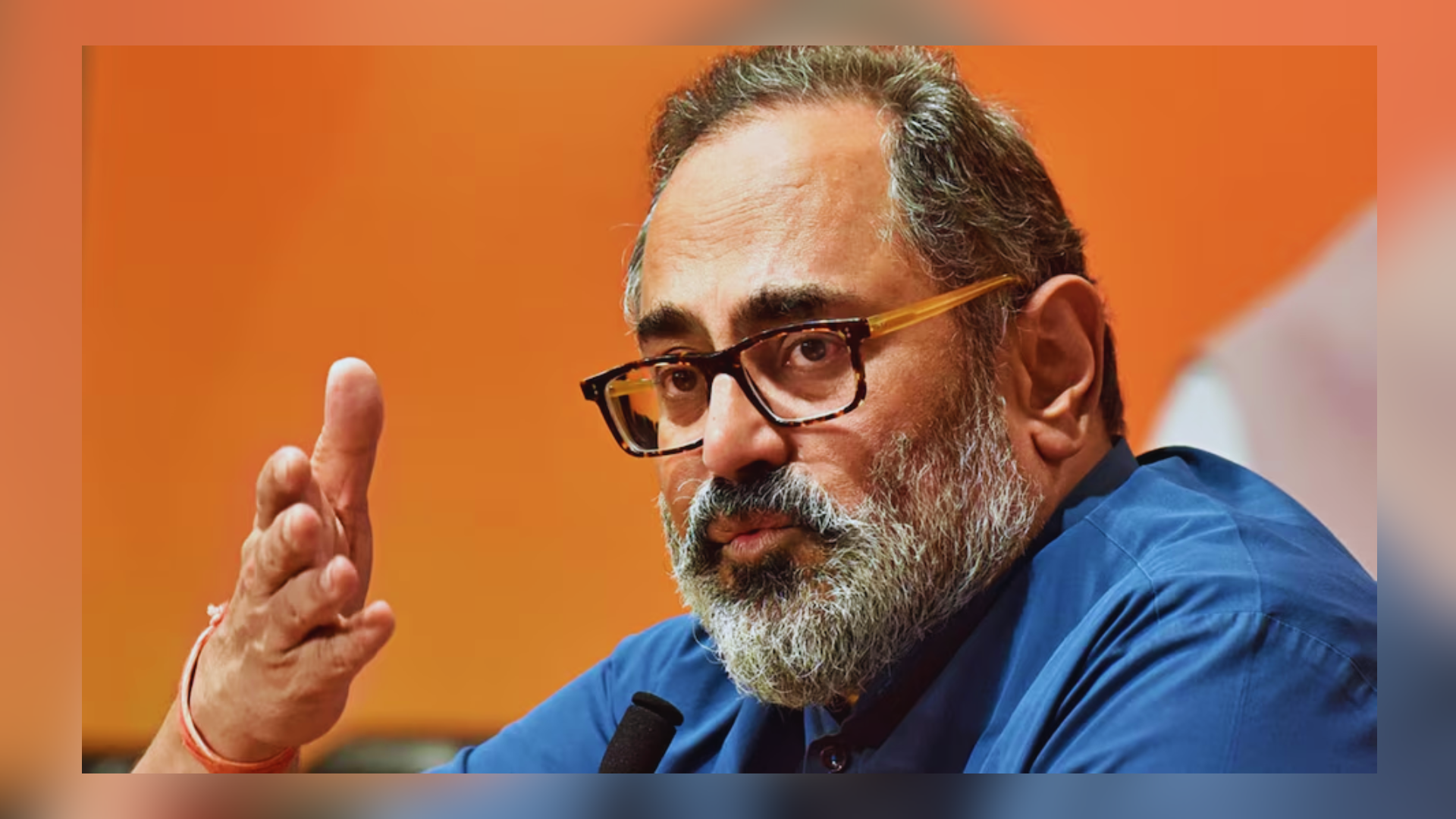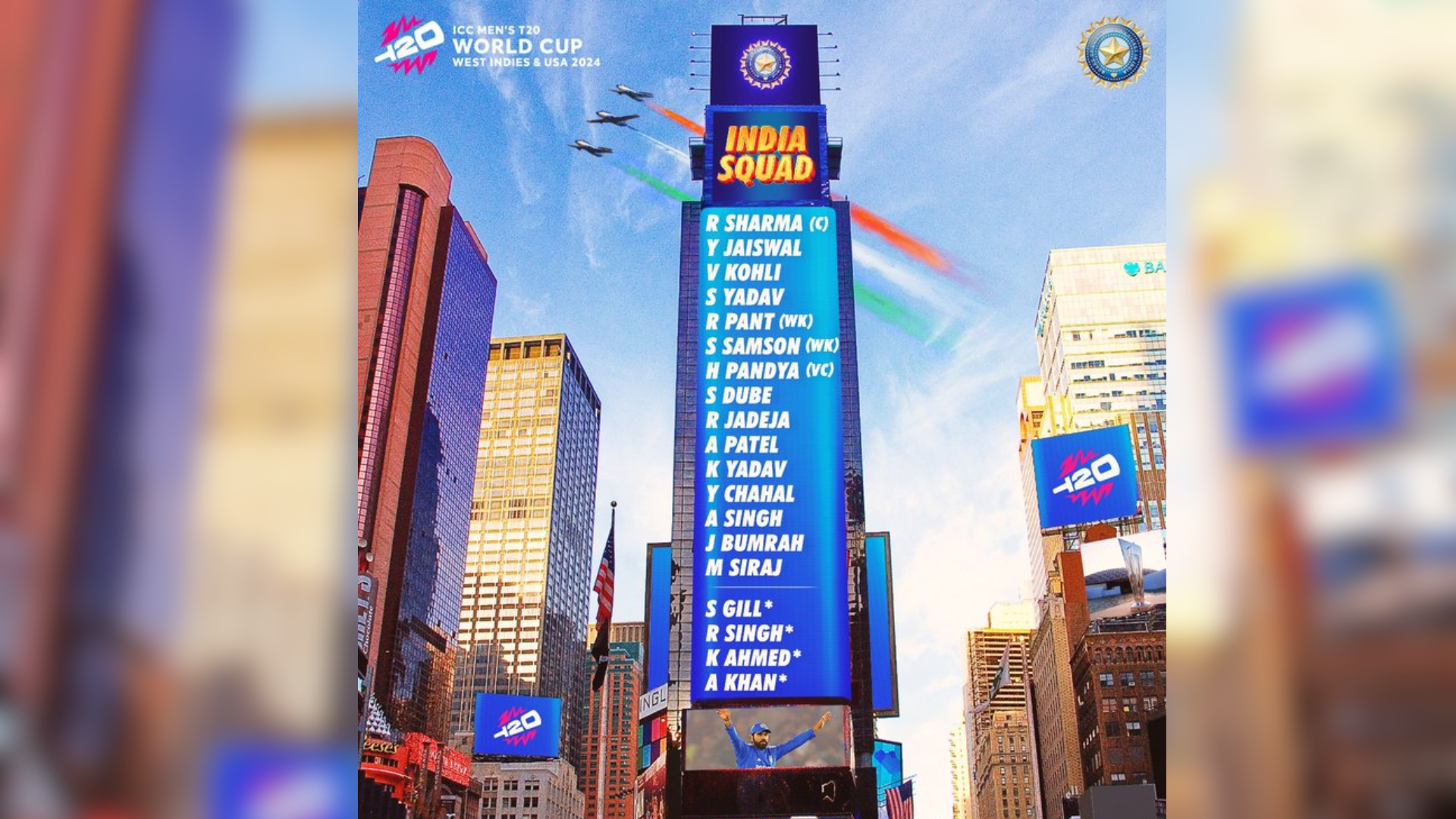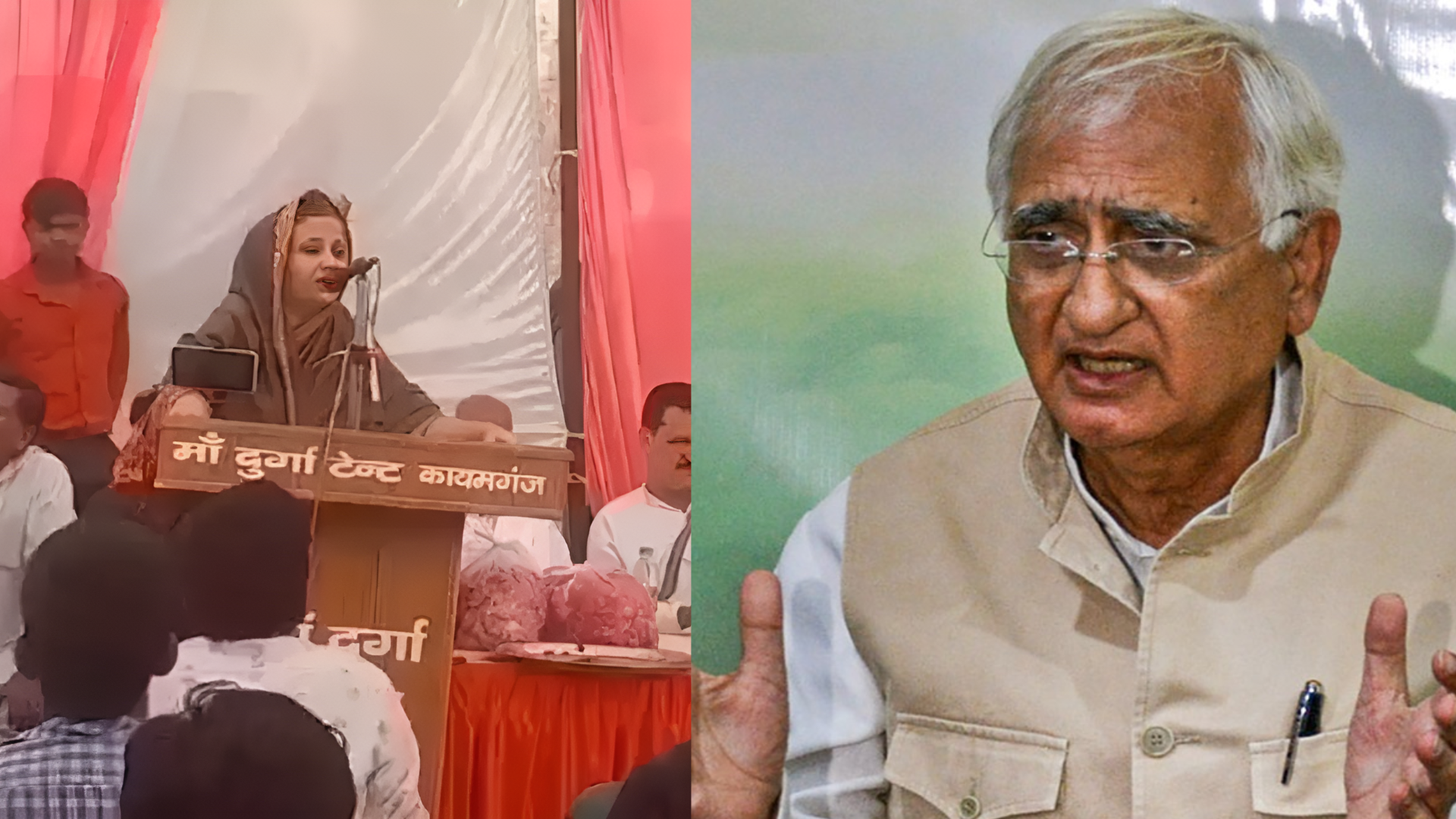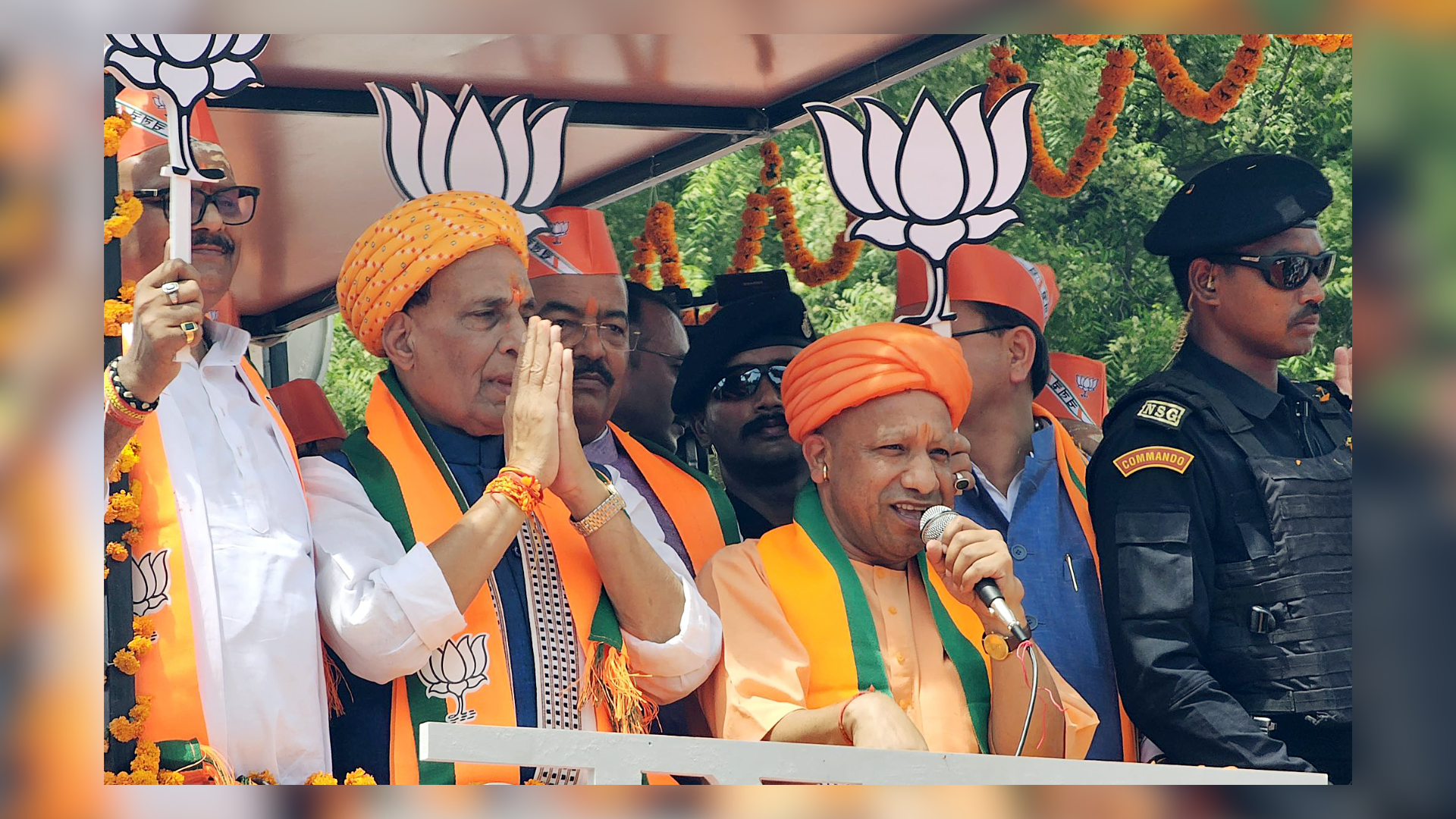


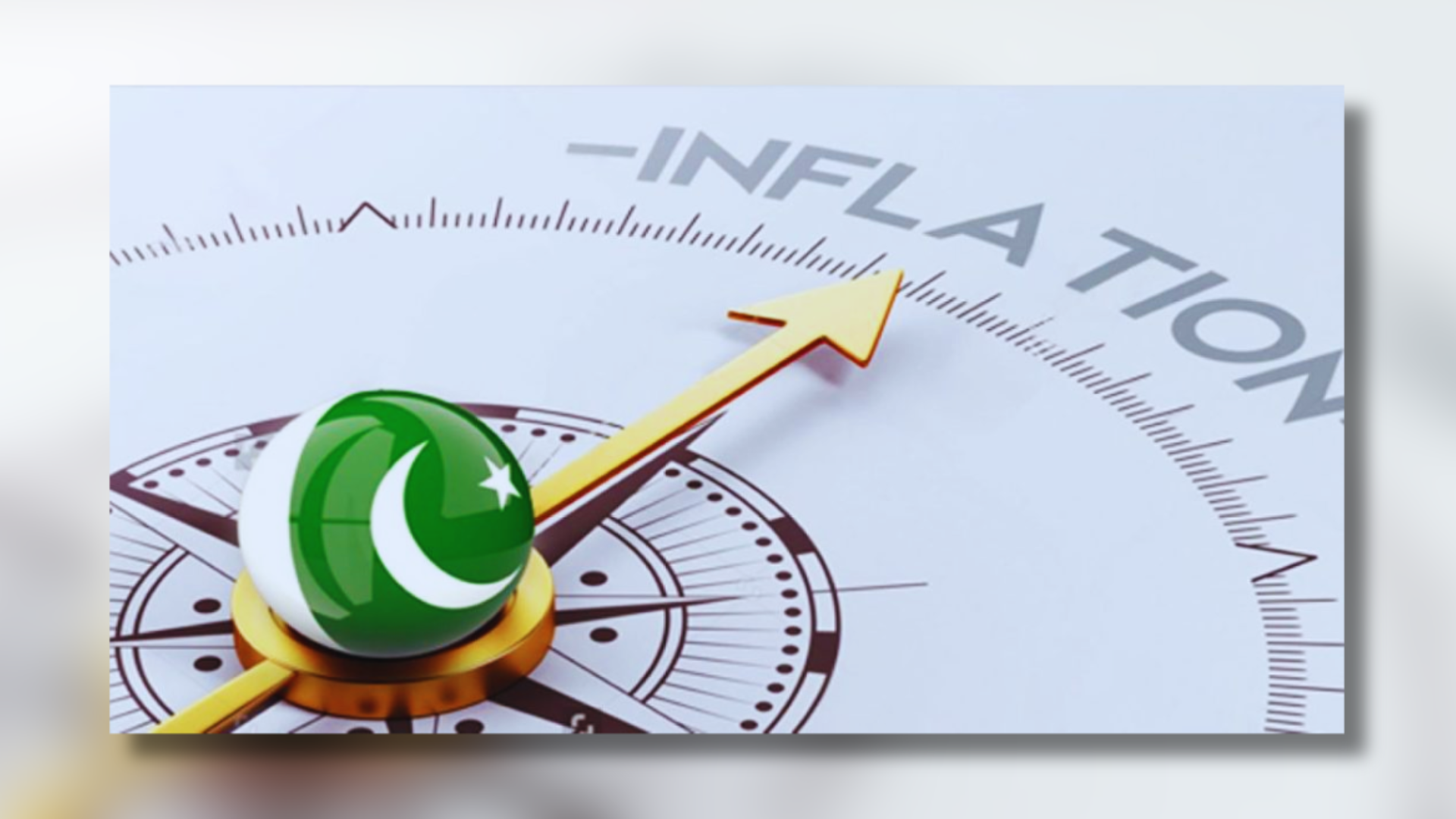

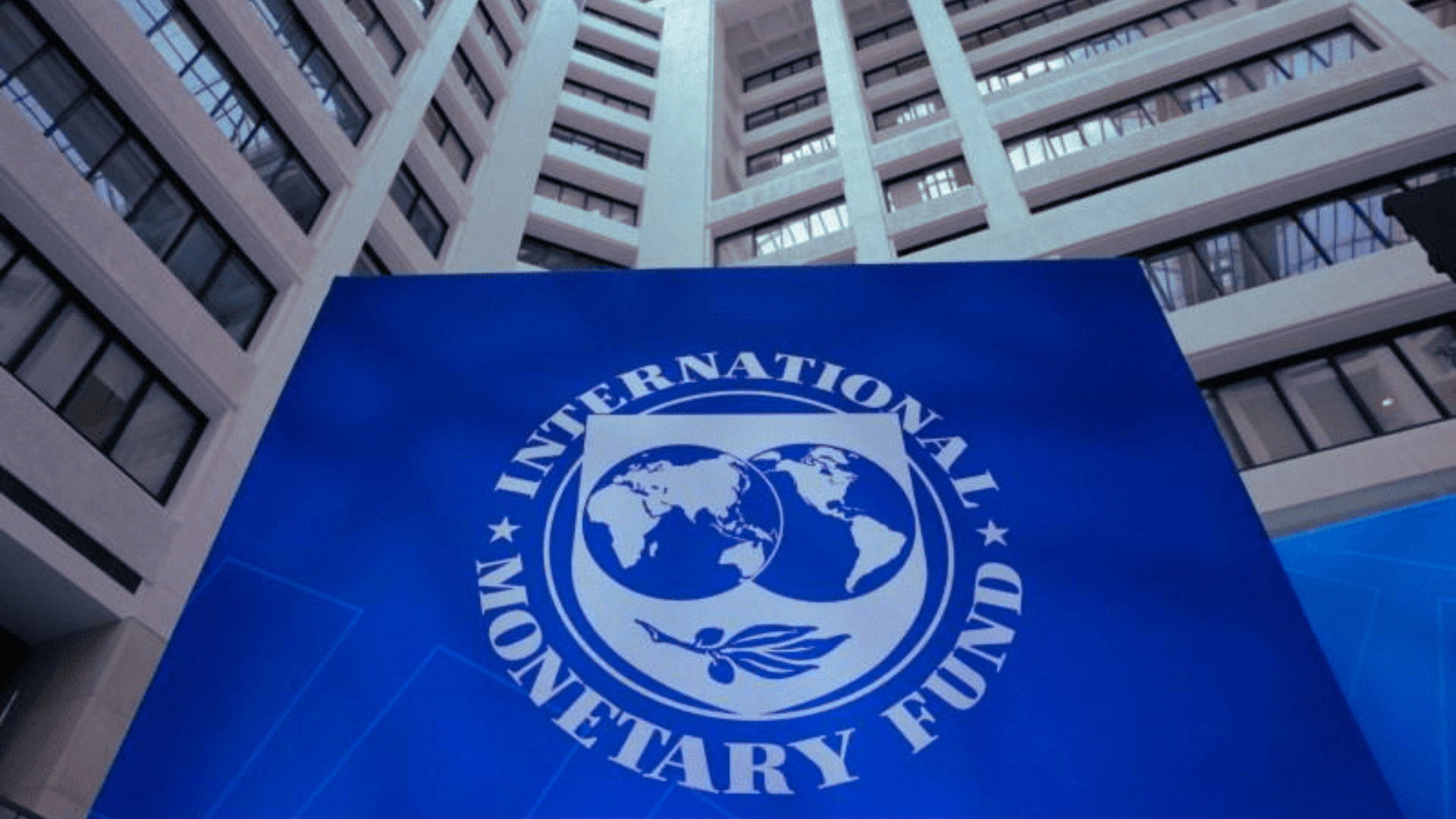

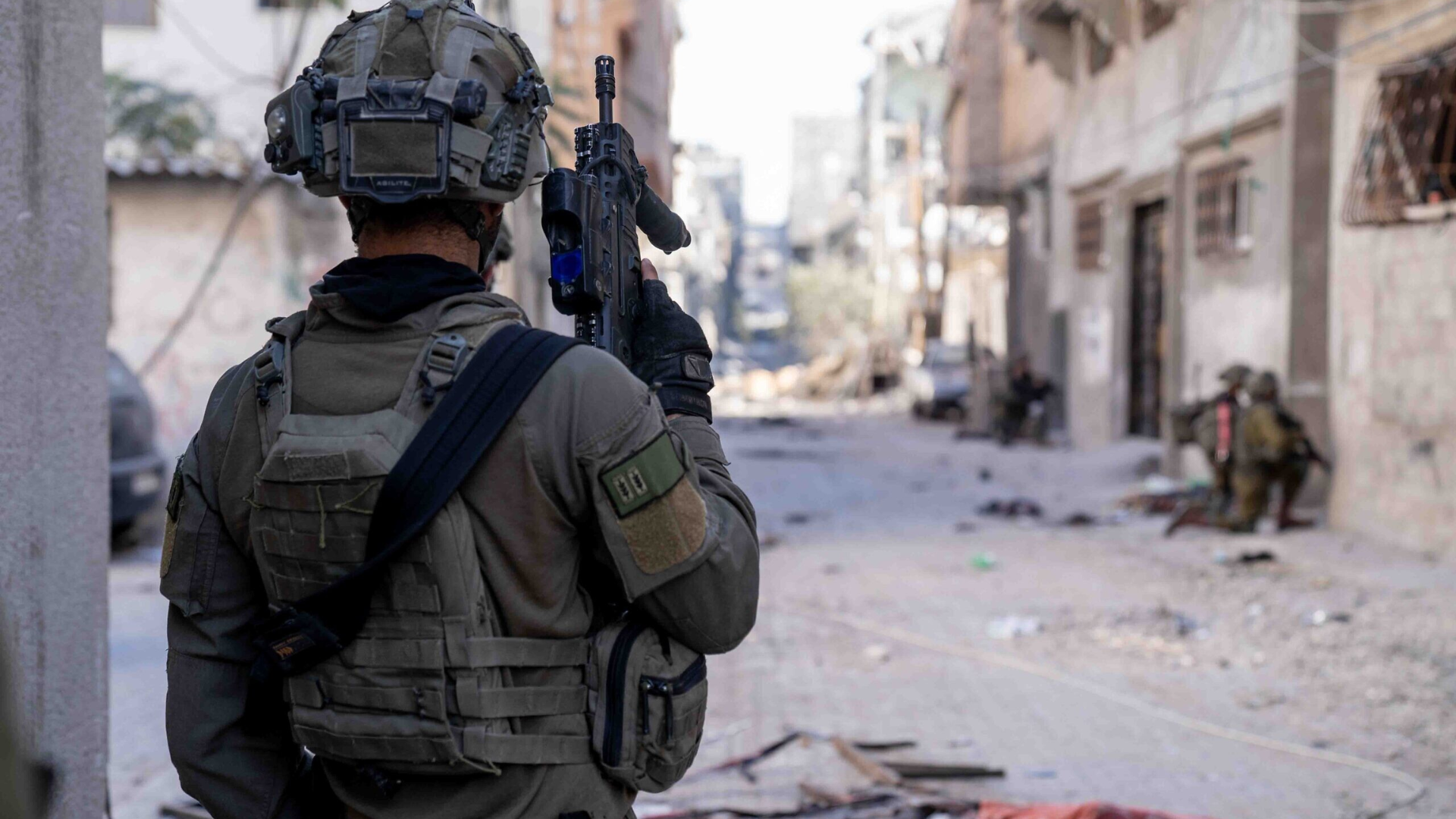
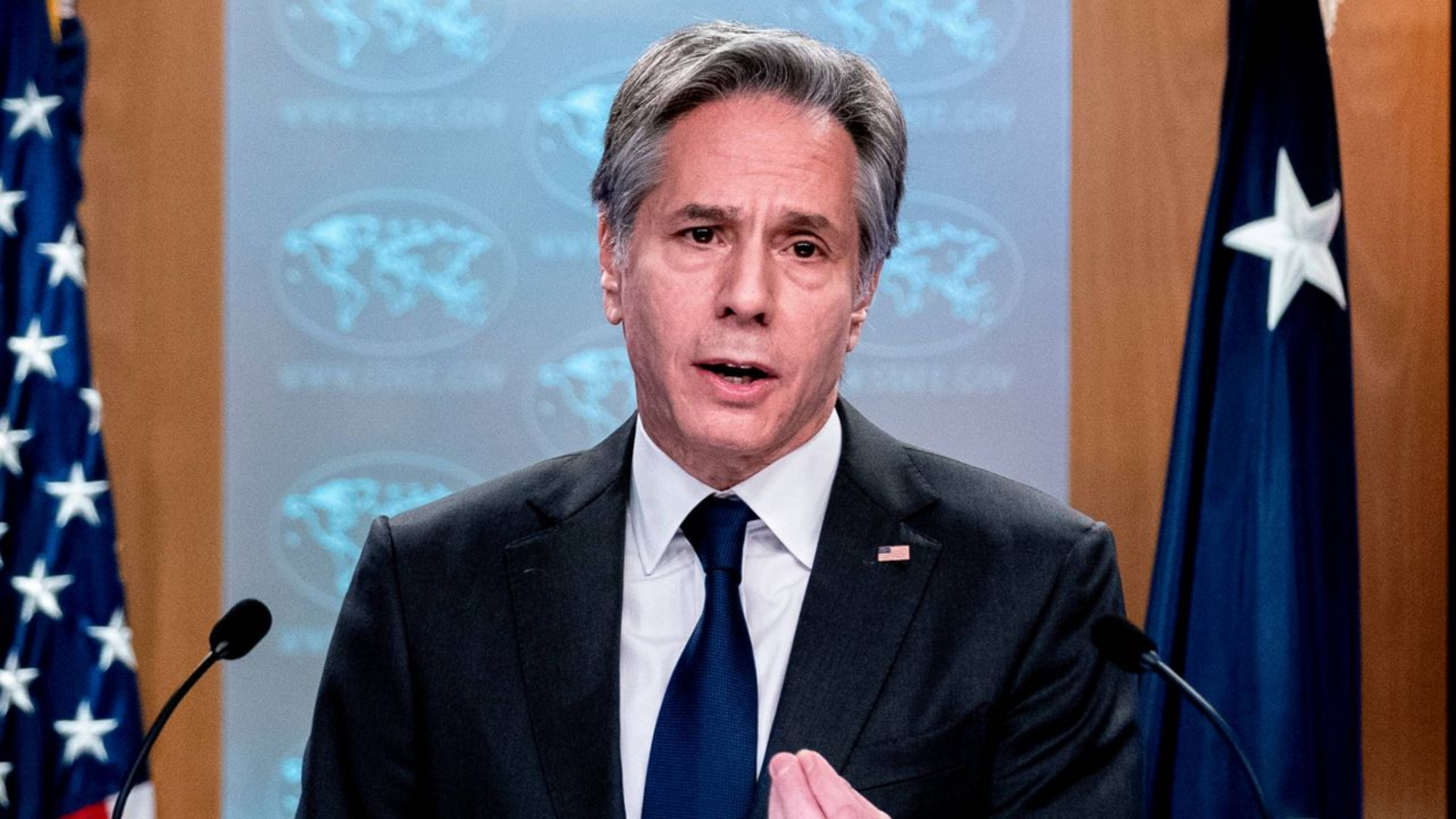

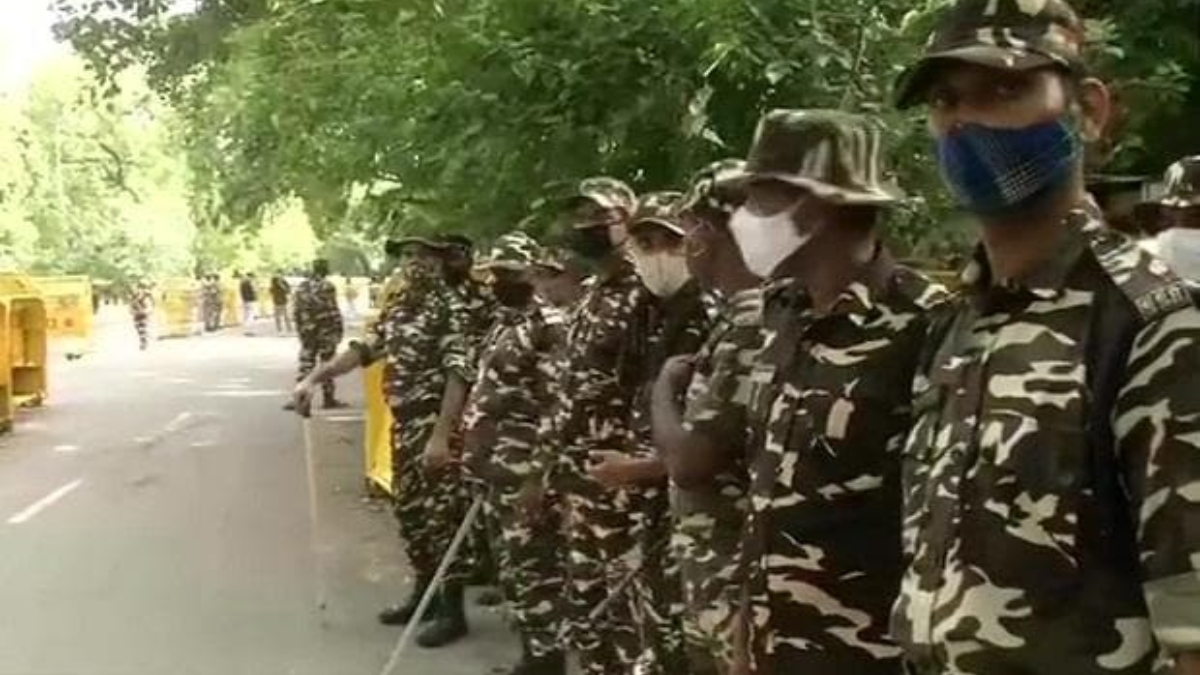
In 24 missions throughout the world, India has sent 3000 police officers, according to Director of Intelligence Bureau Tapan Deka, who was speaking at a high-level event on Thursday (local time).
The Director of Intelligence Bureau said that India sent the first all-female delegation to Liberia in 2007 during a briefing on the Third United Nations Chiefs of Police Summit before the United Nations Security Council.
“Complex armed conflict is dealt with by peacekeeping missions. Political solutions to conflicts are necessary but frequently elusive “said he.
The requirement for thorough performance reviews for both the uniformed and non-uniformed parts of operations was also mentioned by Tapan Deka.
He further added “For UN peacekeeping, it is necessary to develop flexible, efficient systems and procedures. Applications based on technology, such as UNITE AWARE, must be used to improve mission capabilities.”
Director of Intelligence Bureau, Tapan Deka, stated during a high-level event on Thursday that India has sent 3000 police personnel on 24 missions throughout the world (local time).
Director of Intelligence Bureau emphasised that India sent its first force made up entirely of women to Liberia in 2007 at a briefing on the Third United Nations Chiefs of Police Summit before the United Nations Security Council.
“Conflicts of a complicated kind are handled by peacekeeping operations. Politicians often struggle to find solutions to conflicts “he said.
As Tapan Deka also pointed out, both the uniformed and non-uniformed components of missions require thorough performance reviews.
He said “UN peacekeeping requires the creation of flexible, efficient systems and procedures. Technology-based solutions such as UNITE AWARE, must be used to improve mission capabilities.”
Asako Okai, UN Assistant Secretary-General and Director of the UNDP Crisis Bureau, stated that collaborations like the one between UNDP and the Department of Peace Operations’ Office of Rule of Law and Security Institutions, particularly the UN Police, under the UN Global Focal Point for Rule of Law enable nations to increase our influence for the creation of security systems that are human-centered, appropriately sized, and publicly accountable.
She went on to say that UNDP has been working in 65 nations to enhance police capacity, and that we are happy to cooperate with UN Police in 16 of those environments. Through the local expertise, established trust, and hands-on experience of our partners, these collaborative endeavours demonstrate the potential of inclusive multilateralism.





